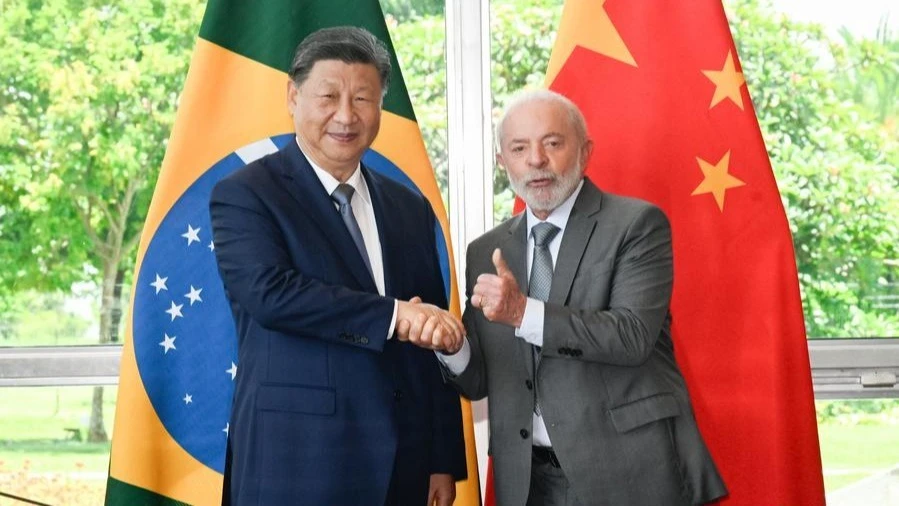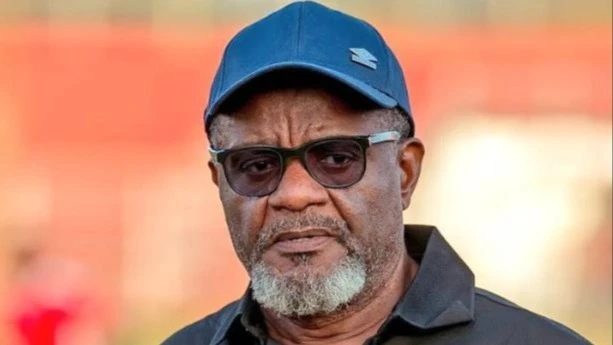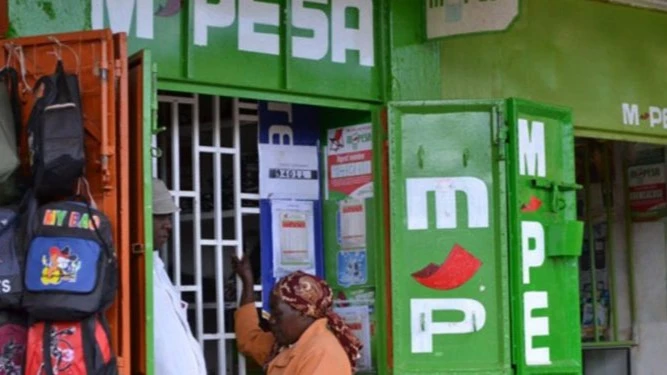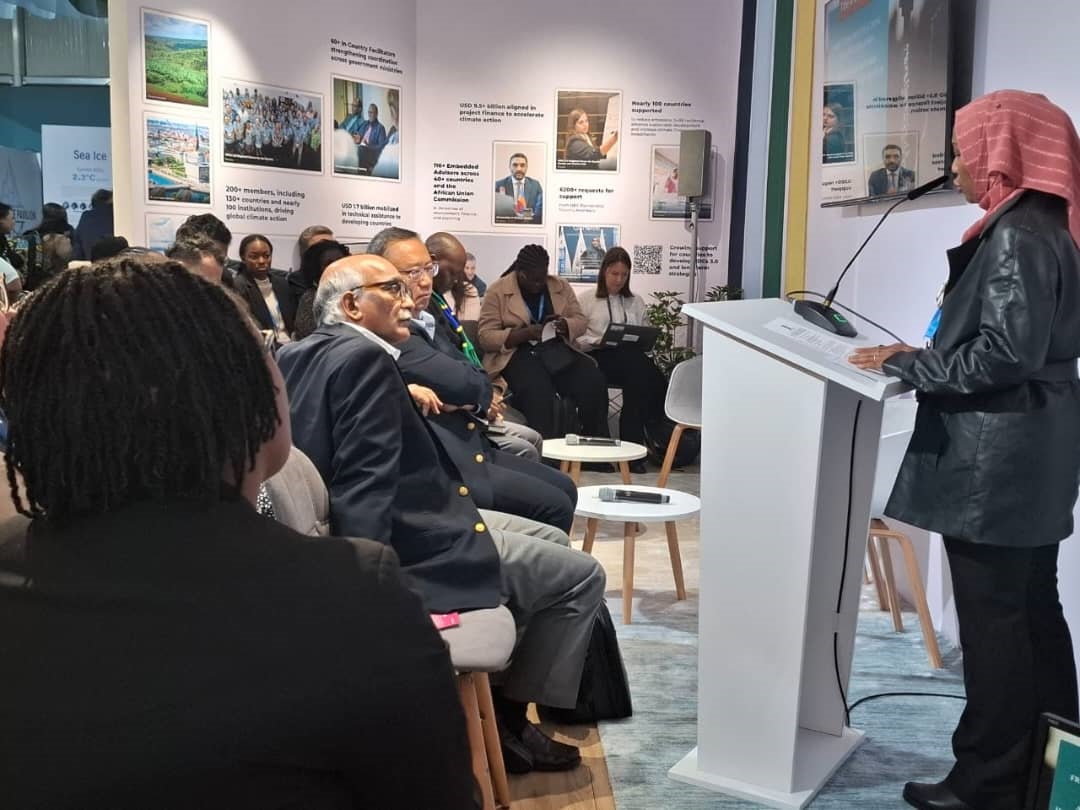‘Zanzibar growth plans tied with port services’
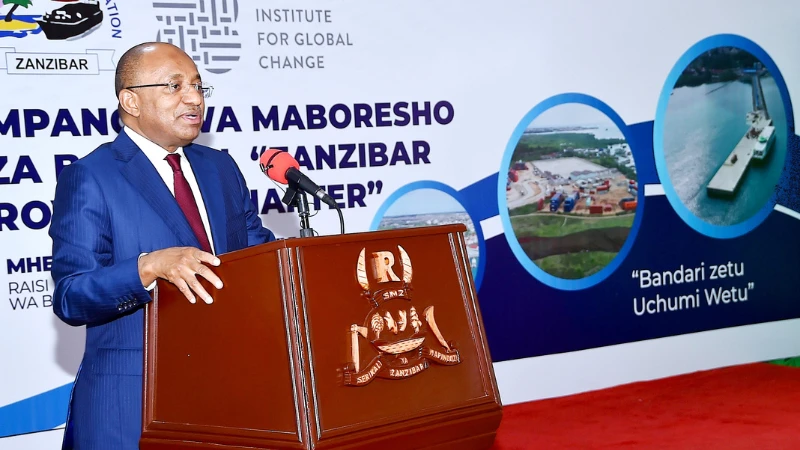
ZANZIBAR President Dr Hussein Mwinyi has outlined the government’s strategies to drive economic growth, emphasising plans to create a more business-friendly environment for all those using its ports.
He laid out the government’s intentions when witnessing the signing of the Zanzibar port improvement charter, a collaborative initiative between the government, port stakeholders from public and private institutions, as well as the UK-based Tony Blair Institute (TBI) at the Zanzibar State House.
The plan is geared to eliminate bottlenecks by clearly assigning responsibilities to each stakeholder, with specific performance indicators set out in the plan, which includes streamlining container offloading, vessel berthing and customs clearance processes.
All these features are designed to improve port service efficiency, where container handling will be simplified in loading and unloading across all ports, he said.
He reassured the Zanzibar business community that the government is committed to carry out these efforts, aligned with the 2020-2025 election manifesto, specifically Clause 167(b), demanding enhancement of port services by installing modern equipment and using updated technology.
The goal is to increase the number of containers handled from 82,312 in 2018 to 105,000 by 2025, and to reduce the time vessels are docked from seven days in 2018 to five days by 2025, he said.
Currently, the Malindi, Fumba, and Mkoani Pemba container terminals are capable of handling over 105,000 containers annually, whereas the agreement between the government and stakeholders focuses on effective implementation and performance.
Annual evaluations will be held to monitor progress against established milestones, as when stakeholders fulfil their responsibilities effectively, Zanzibar can achieve significant success, he said.
He cited successful port service improvement initiatives in Singapore in South Asia, the neighbouring port of Mombasa, and the Gambian port of Banjul as examples of what can be accomplished with similar efforts.
Constructing the Mangapwani integrated port will be designed to handle large oil and gas vessels as part of efforts to enhance port services, he stated, linking the plans with Clause 167(c) of the manifesto, which directs the government to build infrastructure for vessels passing along the East African coast, for refuelling, fresh water and maintenance services.
He tasked the Works, Communications and Transport ministry, which oversees infrastructure management, to engage closely with port users, while urging port stakeholders to cooperate to enable high-quality, efficient infrastructure.
This will benefit citizens and support social well-being and Zanzibar’s economic growth, he stated, underlining the need for partnership with various stakeholders, particularly in the transport sector.
Akif Ali Khamis, the Zanzibar Ports Corporation (ZPC) managing director, hailed the government’s transformative efforts in the port sector, citing recent contracts with Zanzibar Multiple, Fumba Port and Mkoani companies for container offloading.
Frank Matsaert, leading the Tony Blair Institute team, also praised the government for effectively implementing the port services improvement plan. This will unlock significant economic growth for Zanzibar through its port gateway, he added.
Top Headlines
© 2024 IPPMEDIA.COM. ALL RIGHTS RESERVED









